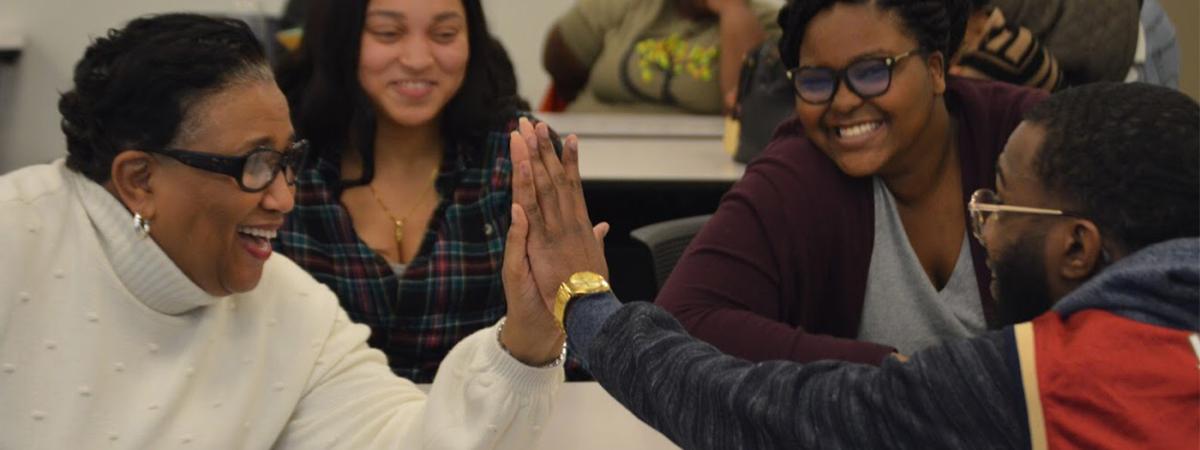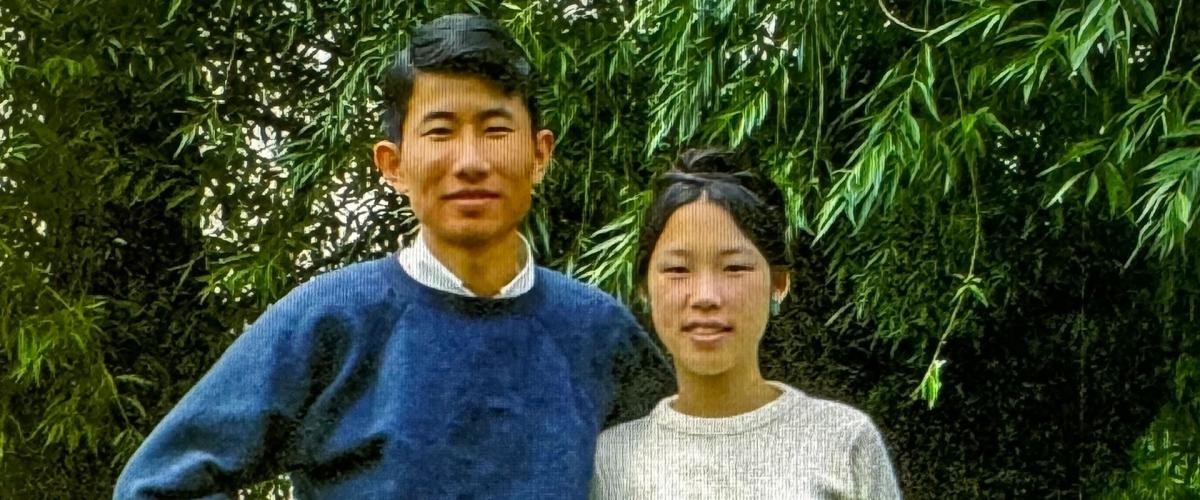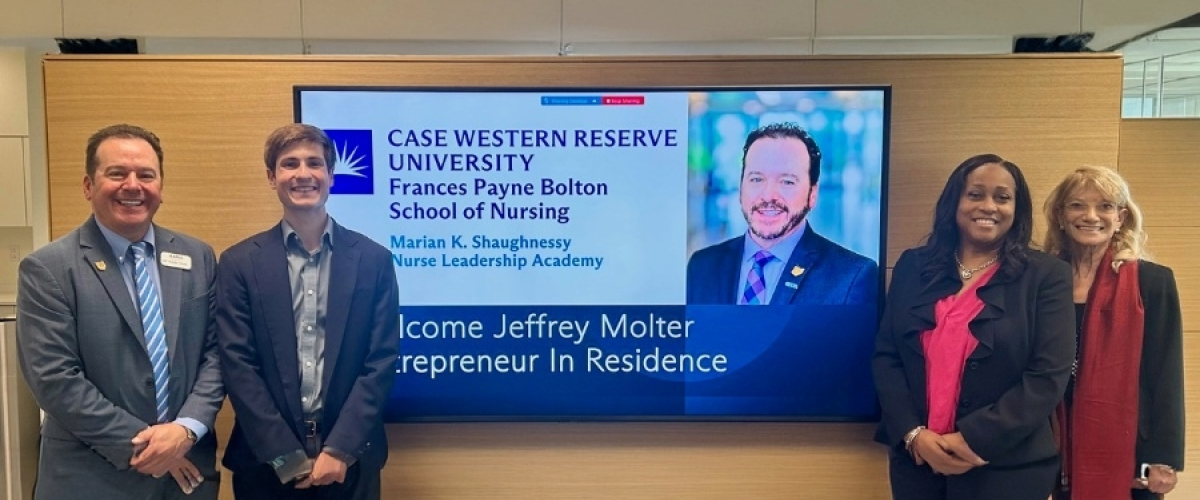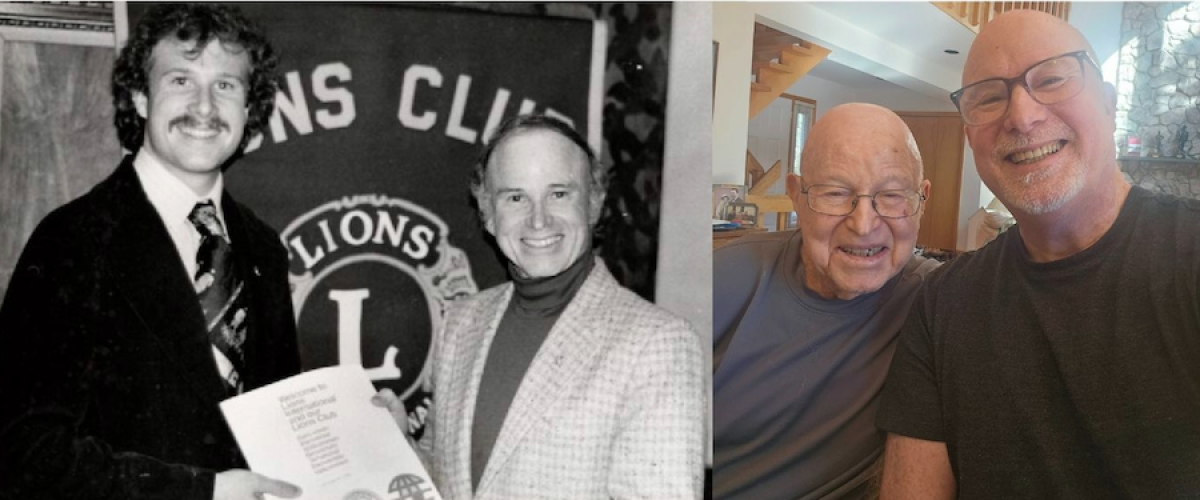“I don’t know anybody here. What do I do now?” Linda Berry Wheatt (FSM’72, GRS’77) thought as she stood alone in front of Taft House in September 1968 as her parents began the 450-mile drive home. “What now?”
Afro Am soon became the answer to that question for her and many other students.
This year marks the 50th anniversary of the Case Western Reserve University African American Society (AAS). It was formed in 1968 as the Afro American Society (Afro Am), during a time when our nation was divided over many human rights issues. One of its earliest and most far-reaching actions was the list of demands presented to President Robert Morse that resulted in increased numbers of black students, faculty, staff and programming. Afro Am continues as an active student organizations on campus. Afro Am seeks to educate, celebrate, unify and generate solutions for African-American students, as well as promote meaningful dialogue among campus groups and support the surrounding community. Many African American Alumni Association members were once members of Afro Am. The association congratulates Afro American Society on its esteemed legacy and looks forward to the next 50 years. The African American Alumni Association will celebrate homecoming with several events.Alumni memories
“The isolation created by the social dynamics of campus life forged a bond between African-American students, a kinship encouraged by first black admissions officer Michael Fisher. This bond became the foundation of Afro Am.” - Iverson Banks Bey (WRC ‘74) “Being an African American Society (AAS) member helped me establish an extended family connection that is still strong today, a sense of kinship unparalleled at other universities. In fact, even today friends who attended other institutions tell me they are envious of the experience I had at CWRU.”- Alan Mitchell (WRC ‘76) “Afro Am was indeed one of the highlights of my college career. It fostered a sense of purpose, belonging, unity, racial pride, dignity, respect, self-awareness, determination and collective responsibility.”- Deborah Moorman-Williams (WRC ‘74)





